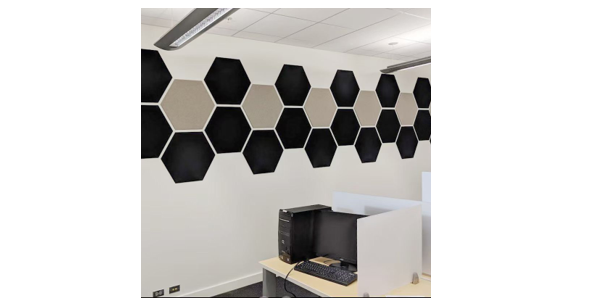Why the MBC2030 is a game-changer for Singapore

The 2030 vision for Singapore as an advanced city is a game-changing milestone for the nation. It is ambitious and transformative but most importantly, it is something that we cannot ignore. As a country, we are at a crossroads where our future direction will be determined by what we do today rather than tomorrow. The MBC2030 is a strategic response to this moment of truth; the transformation agenda will demand significant investments in physical infrastructure, social services and digital connectivity. We need to rise above parochial interests and narrow perspectives if we are to succeed as a nation. The stakes are high — failure will result in another lost generation, but success can create opportunities not just for ourselves but also for our children and grandchildren – something that they will continue to benefit from for decades to come. If you’re wondering why you should care about the MBC2030 document or how it might impact you personally, read on…
The importance of a holistic approach to Singapore’s development
The 2030 vision is a holistic approach to Singapore’s development. It brings together various stakeholders in the public and private sector to achieve one vision for Singapore, regardless of the siloed nature of their individual responsibilities. The development of the nation is not just the responsibility of the government alone; it is a shared responsibility that requires the collaboration of all stakeholders. Ideally, the development of Singapore should not just be about fulfilling desirable metrics set by the government, but it should also be about creating a place that is worthy of being called home.
Towards an inclusive society
The transformation that Singapore is embarking upon will require us to move beyond the current state of being an efficient, low-tax economy that is home to a significant number of foreign workers. It is important that Singaporeans are given opportunities to contribute to the development of the nation, and stakeholders in the public and private sectors should work towards building an inclusive society. This is not a utopian goal; it is something that can be achieved through concerted efforts.
An Intelligent & Sustainable Built Environment
The MBC2030 seeks to develop an intelligent and sustainable built environment that harnesses the potential of technology to achieve greater efficiency and sustainability. The National Environment Agency (NEA) is exploring the potential of an eco-network that collects and shares real-time data from different sources. Smart sensors placed in different parts of the built environment can collect and analyse data, allowing government agencies and businesses to respond to changes in real-time.
A Networked and Responsive Government
Singapore is a small country, but it is also a complex one. The transformation agenda of the MBC2030 calls for a networked and responsive government that is equipped with the right capabilities to respond to the challenges facing Singapore. This can be done through breaking down silos between agencies to allow for better inter- disciplinary teaming, and leveraging technology to automate processes and increase efficiency.
Conclusion
The Singapore of today will be very different from the Singapore of 20 years from now. The challenge facing policymakers today is to chart a path towards a better future for Singapore, one that will uphold the city-state’s reputation as a global financial hub and a desirable destination for people to live in and do business. The MBC2030 document outlines the challenges and opportunities that lie ahead, and it sets a challenging yet achievable vision for Singapore in 2030. If we are serious about transforming Singapore into an Advanced City, then we must rise above parochial interests and narrow perspectives. It is only through a holistic approach that we can succeed as a nation.





